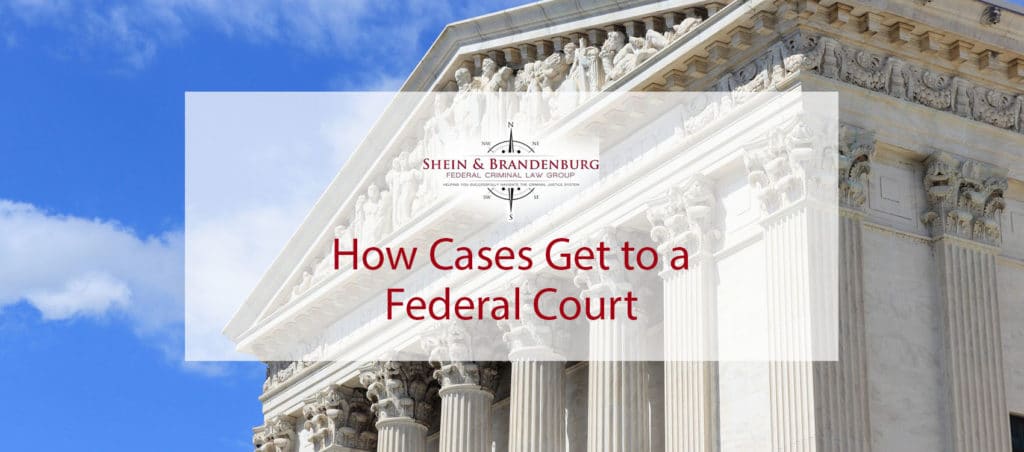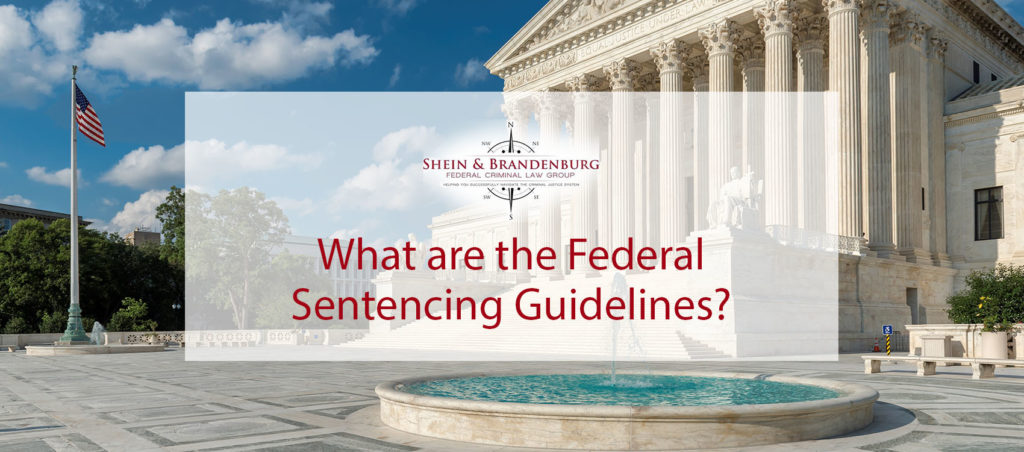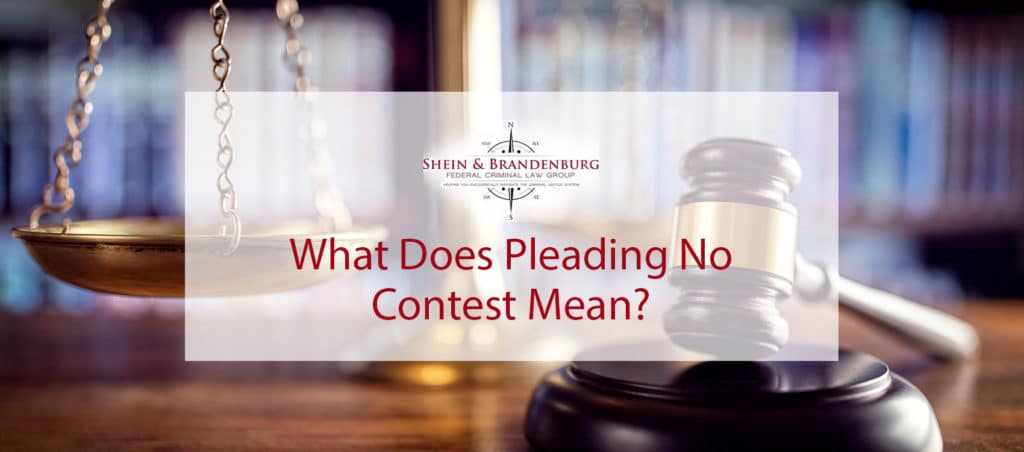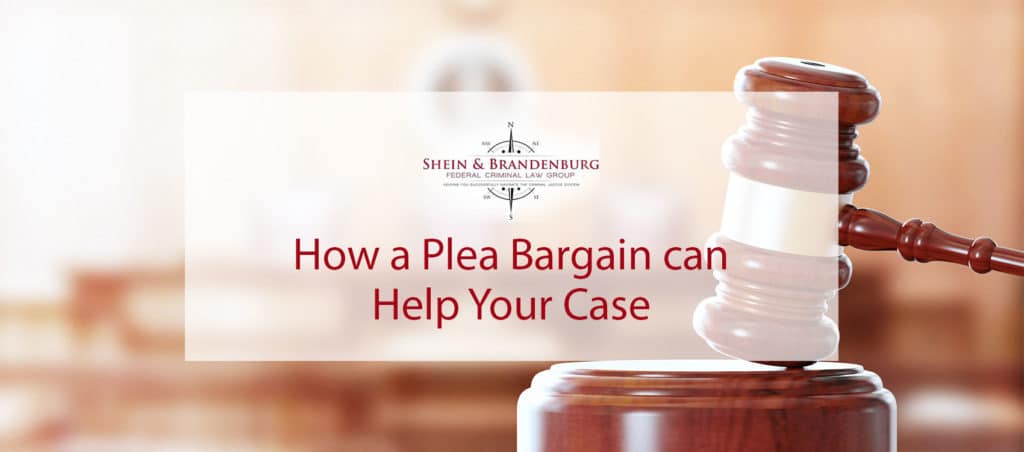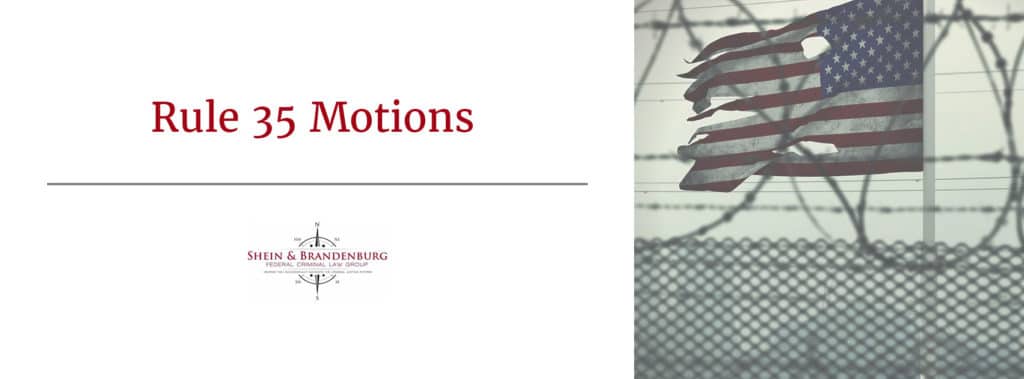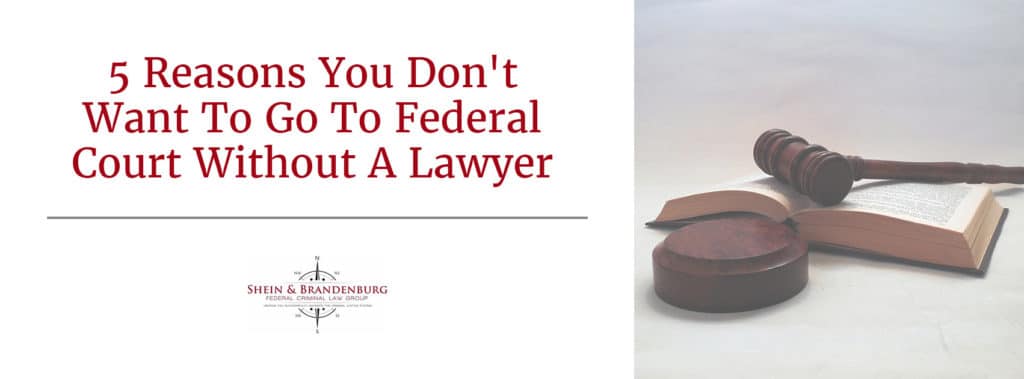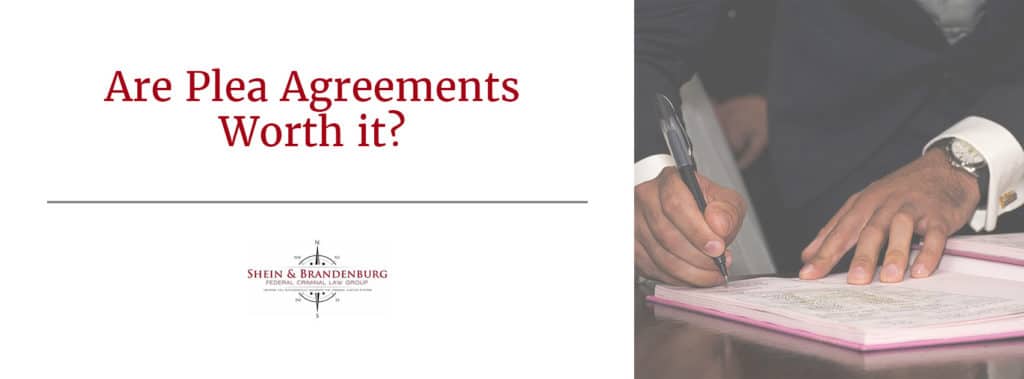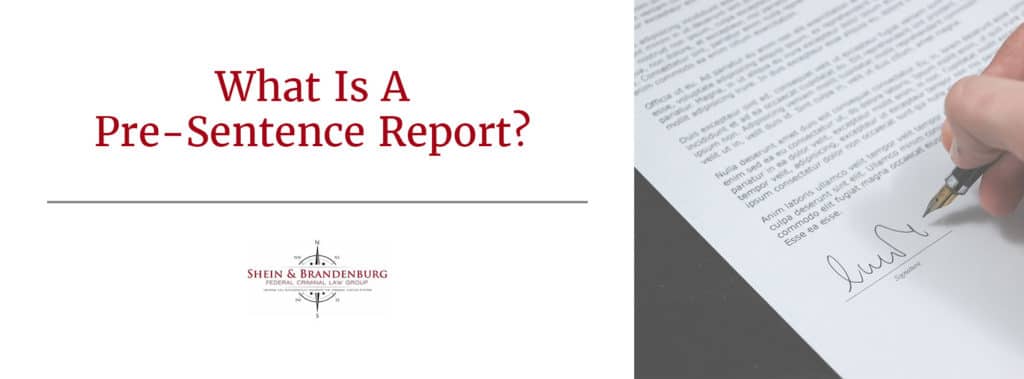If you have been arrested for a federal crime, the first thing you MUST do is stop talking to law enforcement officers and do NOT talk to federal prosecutors. This is true if your arrest came as a surprise or if you had some reason to expect an arrest for a federal crime. You might… Read More
Federal Pleas And Sentencing
How Cases Get to a Federal Court
There are two types of court systems — federal and state. Each of these court systems is tasked with hearing different types of cases. While state courts are primarily responsible for interpreting state law, federal courts have the responsibility of hearing a number of different types of cases. Because many people have questions about how… Read More
What are the Federal Sentencing Guidelines?
Understanding the Federal Sentencing Guidelines Established in 1984, the Sentencing Reform Act created the United States Federal Sentencing Guidelines. Before this time, federal judges had much more discretion regarding how to sentence people convicted of criminal offenses. Unfortunately, this discretion sometimes led to unequal sentences for the same criminal offense. The sentencing guidelines, however, helped… Read More
What Does Pleading No Contest Mean?
Answering the Question: What Does Pleading No Contest Mean? A no contest plea is a type of plea used in criminal proceeding as an alternative to the more traditional guilty or not guilty plea. Also sometimes known as a nolo contendere plea, a no contest plea is the equivalent of a person stating that he… Read More
How a Plea Bargain can Help Your Case
Being arrested fills most people with a number of uncomfortable emotions including fear, stress, and confusion. To make matters even more difficult to navigate, things tend to develop quickly following an arrest, and in many cases, it can be difficult to understand what to do. As a result, many people find that it is tempting… Read More
Rule 35 Motions
Recently, a year-long investigation resulted in 32 people being arrested in Marshall County, West Virginia. The nearly three dozen people arrested have since pleaded guilty to abusing and selling Buprenorphine and Suboxone. The legal counsel for many of these individuals has chosen to file Rule 35 motions to respond to these cases. Rule 35 of… Read More
Claims of Ineffective Assistance of Counsel
In the recent case of Davila v.Davis, the Supreme Court analyzed the limit of ineffective assistance of counsel. Depending on the results of the trial, the defendant could avoid being sentenced to death for fatally shooting a 5-year-old girl and her grandmother. The main question in the case concerns whether the defendant’s first lawyer was… Read More
Five Reasons You do Not Want to Go to Federal Court Without a Lawyer
It is never a wise idea for a person to proceed with a case in federal court without the assistance of a skilled attorney. While representing one’s self in federal court without an attorney can appear to be an inexpensive and affordable method, there is a much lower chance that a person’s case will resolve… Read More
Are Plea Agreements Worth it?
A plea agreement is an agreement between a defendant and a prosecutor in which the defendant agrees to plead guilty or no contest in exchange for the prosecution to drop charges, reduce charges to a less serious offense, or recommend to the a judge a sentence that is acceptable to the defense. While plea bargains… Read More
What is a Pre-Sentence Report?
A pre-sentence report is provided to a court before the sentencing of someone who has offended criminal rights. These reports are prepared by probation officers between a person’s conviction and the date that is set for sentencing. The purpose of these reports is to be used by judges in cases involving felonies. The reports are… Read More



